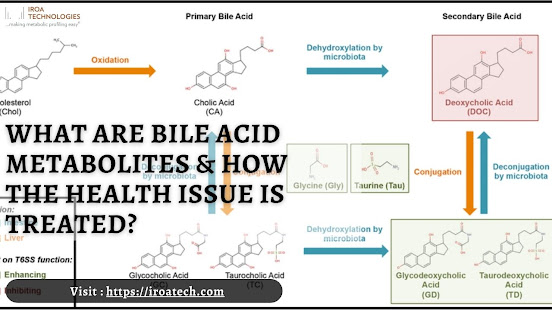Fatty Acid Metabolites and their Key Functions in Health
Fatty acid metabolites are small molecules derived from the metabolism of fatty acids. They include eicosanoids, endocannabinoids, lipid mediators, and other bioactive compounds.
Functions of fatty acid metabolites:
- Regulation of inflammation: Eicosanoids, such as prostaglandins and leukotrienes, act as signaling molecules that regulate inflammation and immune responses in the body.
- Tissue repair and homeostasis: Lipid mediators derived from omega-3 fatty acids, such as resolvins and protectins, have anti-inflammatory and pro-resolving properties that aid in tissue repair and maintaining tissue homeostasis.
- Membrane structure and function: Some fatty acid metabolites serve as components of cellular membranes, contributing to membrane fluidity, stability, and proper functioning of cells.
- Hormone synthesis: Fatty acid metabolites are precursors for the synthesis of hormones and other bioactive molecules in the body.
Fatty acid metabolites are intriguing molecules that have far-reaching effects on human health and play vital roles in multiple biological processes. Their study holds promise for uncovering new therapeutic approaches and enhancing our understanding of the intricate mechanisms that govern our well-being.


Comments
Post a Comment